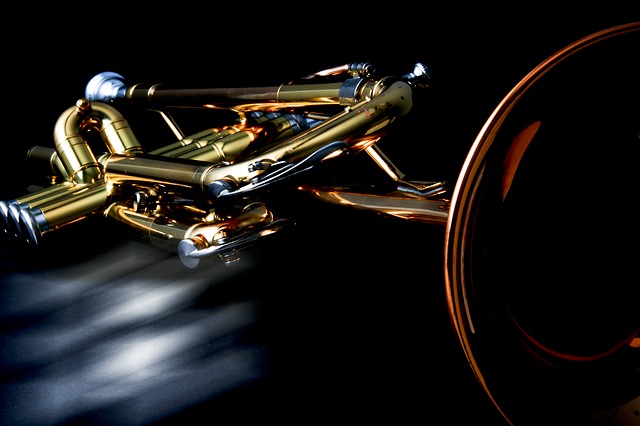Copper is one of the most widely used metals in the world. It is so well-known that even with the discovery of other metals of similar versatility and value, it is still the material of choice for many manufacturers in their projects. If you are working on something that requires a corrosion-resistant, elegant-looking, or electrically conductive material, copper is surely worth looking at. Here are some facts that might further interest you in using copper.
History
There’s no doubt that copper is among the oldest types of metal around and the first to be worked and manipulated by man. Countless ancient artifacts made from copper have been dug up and displayed in museums. Perhaps the most popular is a tiny awl found in some ruins in the Middle East that dates as far back as 5100 B.C. Copper has also been recently discovered to have been used in some parts of the Great Pyramids.
Copper was originally used for making coins, weapons, and cookware. Many ancient remains had been found with copper accessories, too. So for a long time, copper had enjoyed the same popularity as gold and silver. Some archeologists even believe that if it’s true that the first civilization already knew how to produce electricity, they would have used copper to harness and transfer it.
How It Affects Your Life
You may not know it but copper affects you and your family every day. Without it, all appliances and gadgets you have in your home won’t operate. There wouldn’t even be electricity to power them as most electrical wires have copper core. This metal is found in your car, too. In fact, your car has around 1.5 km long copper wire in its system. To put it simply, the average modern person needs approximately 1500 pounds of copper (computer, phone, and vehicle).
Copper is also an important nutrient. According to the U.S. National Library of Medicine, copper is essential in forming red blood cells. You can get this mineral from natural sources, such as grains, beans, potatoes, and leafy greens. Of course, you have to keep your copper intake in check. Too much copper can cause abdominal pain, vomiting and jaundice in the short term. Long-term exposure, on the other hand, may have worse effect, such as anemia, convulsions and diarrhea.
Industrial Applications
Like other non-ferrous metals, copper is used for a wide range of applications. As previously mentioned, it is the most ideal material for electronics because of its high electrical conductivity and heat resistance. While silver conducts electricity better, it has a very low thermal resistance. Increased voltage can cause it to burn easily, which is why it has long been replaced by copper as wire core material.
Copper also has many uses for construction applications. For instance, its alloys—brass and bronze—are perfect for plumbing fixtures, trimming, and surface covering. This is because copper has strong antibacterial properties. You can cover your countertop with it to protect its surface from damage and at the same time keep it bacteria-free. Copper sheets are also good for backsplashes to protect your wall from water damage.
Learning about these important facts about copper will allow you to utilize it properly and make the most out of its beneficial properties. You will also know what can damage it and how to take advantage of its patina. If you’ve decided to use copper in your projects, make sure to get your supplies from a qualified supplier like Rotax Metals. It pays to use high-quality copper sheets from the best copper sheet supplier in town.
Sources:
Facts About Copper, livescience.com
What You Need To Know About Copper, capitalscrapmetal.com



